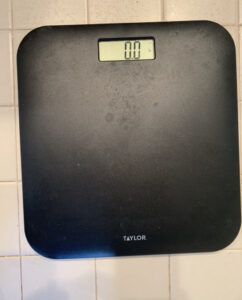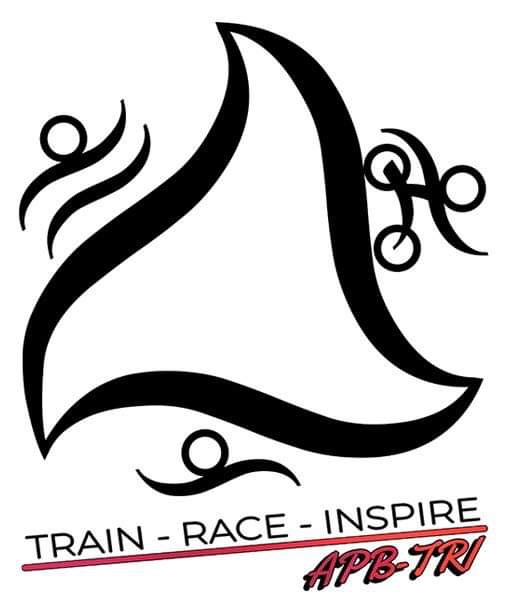
Weight management in endurance training is a curious issue. I wrote before about nutrition while training, but stayed away from the issue of weight management. It’s time to fix that.
I didn’t give it much thought until a few years ago, a friend of mine decided to run a marathon and complained to me that he keeps gaining weight. And just the other day, I saw a lady mentioning on Twitter that she is looking for a dietician/ nutritionist because she is trying to lose weight while training for Ironman 70.3 and she is struggling because she is constantly hungry. So what gives?
Why do you gain weight when training for a marathon?
This one is surprisingly simple: because you are constantly hungry and you’re stuffing your face.
No, really. This is especially the case if you weren’t basically living at the gym beforehand. Many people struggle with weight gain when they start working out because they overcompensate for perceived effort. There was a small study in the Journal of Sports Medicine and Physical Fitness a while back where they asked normal-weight adults to estimate how many calories they burned, subjects guessed 3-4 times as much as they really did. Makes it easy to gain weight with that margin of error, especially if you workout a lot!
There is another, more flattering, explanation. Maybe you have gained a few pounds, but that’s because you were replacing fat (or absence of body mass) with muscle. You are not headed for the ‘right weight’, but be honest: are you aiming more for a specific number on the scale or appearance?
How to go about weight management?
I hope you are not getting into marathon training just to lose weight. It’s a lousy motivation. I am all for wanting to feel better, be healthier and having goals. Running a marathon is an amazing experience and many people put it on their bucket list. But let’s be honest: thinking ‘this will help me lose those extra pounds’ is a lousy mantra when you’re trying to get through a long run and some a-hole in a car just splashed mud all over you, you’re cold, tired and the only appealing marathon is that show you like on Netflix.
So you still want to lose weight while training for a marathon or a triathlon? Or at least maintain…
Great! Let’s approach this scientifically.
Step 1: hopefully, you have an idea of how much can you eat without gaining weight. If not, there are many tools on the internet that can help you get a general idea.
Step 2: figure out how many calories you are actually burning during your workouts. Sport watches and some other gear can provide you with those numbers. Or you can ask the internet and get general idea. Word of caution: those tend to give you higher numbers than reality, so you probably have fewer calories to work with than you think.
Step 3: plan your meals around that daily allowance. Remember that the smarter choices you make, the better you will feel. A cookie may have plenty of calories, but it’s not a satisfying meal and won’t be keeping you full for long.
Additional considerations
Something I haven’t thought actively about until doing research for this article, but it’s a great point: watch out your NEAT. I will spare you the science-y words, but what it refers to is how much you move around outside your workouts. For example, you may have been going on all-day hikes on weekends before you took up marathon training and now are opting for a nap. You can’t be adding calories for your full long run. You need to subtract what you used to burn on the hike to get your net gain. Many people decrease their activity outside workouts once they start training. You know: ‘I already ran, I’m tired, it’s time to relax’ and it’s many cousins. One definitely has to take it into consideration when planning weight management.
Ideal race weight
Let me start by saying it’s a subjective number. Having said that, it doesn’t mean it’s not a useful tool in figuring out what weight range you should be aiming for. The goal is to have as little weight to carry around without compromising your muscle and stored fuel. I found this website useful in understanding what your weight goal should be, especially since they take into account the size of your frame. I may be short, but I am build heavy. It has nothing to do with being fat – I just have genuinely thick, strong bones. I like it because it means I am not that fragile. On the other hand, I can’t aim for the same weight as a petite ballerina, same height or not.
Basic guiding principle appears to be double your height in inches and it will give you the base for your weight in pounds. Depending on your built, you will need to go up or down by up to 10lbs. I have to admit that this is where they sort of lose me – that’s a huge spread!
